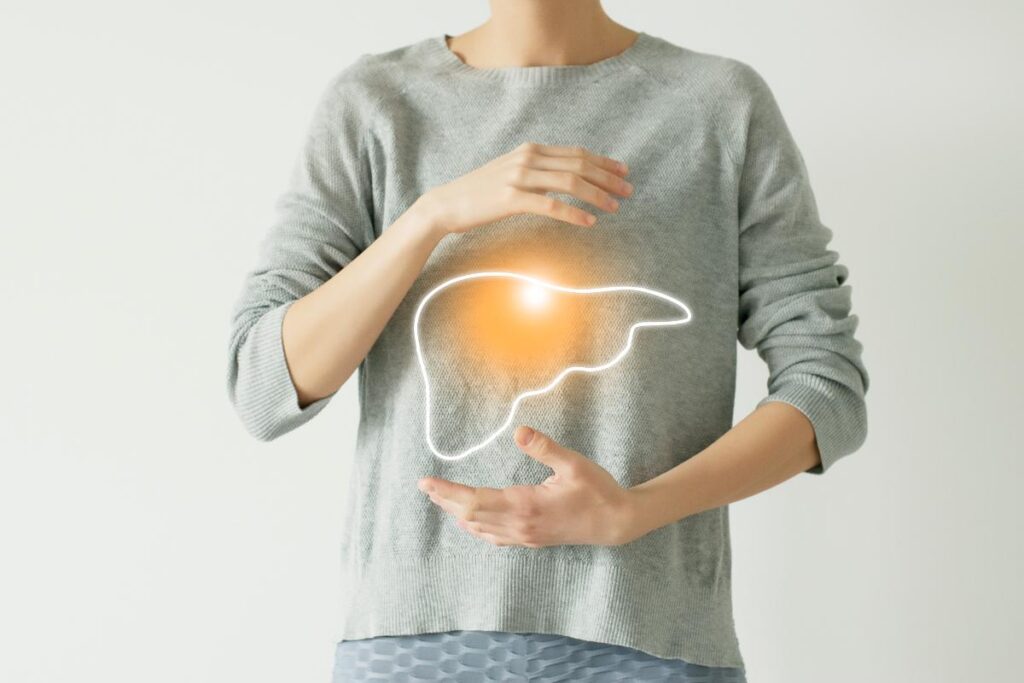Addiction recovery is a challenging process, often requiring people to face stress, anxiety, and other emotional hurdles. While this can feel overwhelming, many have found strength and stability by learning proper stress management techniques to manage those challenges. Healthy coping mechanisms are vital to maintaining mental, emotional, and physical well-being during recovery and beyond.
At The Right Step in Texas, one of the ways we support our clients is through dual diagnosis treatment, which addresses both addiction and underlying mental health struggles. We believe building healthy coping mechanisms is pivotal for long-term success. If you’re ready to take the first step toward recovery, connect with us today to learn more.
What to Know About Stress and Mental Health
Before we explore specific coping mechanisms, stress management is a vital foundational skill—especially for those on the road to addiction recovery. Finding ways to ease mental strain can make a big difference in helping clients stay focused and committed to their healing journey.
Stress is a major factor in both developing addiction and facing the risk of relapse. Certain stressors and personality traits have been shown to increase the likelihood of turning to substances. Research with animals has even found that stress can lead to increased drug use and cravings in those with prior exposure.1 Experiencing trauma and long-term stress can play a significant role in determining who might be at a higher risk of relapse during addiction recovery. New research is also shedding light on biological clues, like higher baseline cortisol levels and increased cortisol even during rest, that can help us understand relapse vulnerability better.2
Cortisol is the body’s way of helping us handle stress—it’s what kicks in during those fight-or-flight moments. While it’s super important, too much of it for too long can take a toll on our physical and mental health. Chronic stress can even cloud our thinking and decision-making. That’s why finding healthy ways to manage stress is so important.
What Are Some Easy Stress Management Techniques You Can Try?
Here are some recommended stress management techniques to consider:
- Mindful breathing exercises – Simple breathing techniques can quickly calm your mind and reduce stress.
- Physical activity – Exercise releases endorphins, commonly known as “feel-good” hormones, which elevate mood and improve overall mental health. Yoga, walking, or even gardening are excellent low-impact options.
- Journaling – Writing down thoughts and emotions has a dual benefit. It helps release tension while providing an outlet for understanding and processing emotions.
- Meditation or mindfulness – These methods encourage clients to focus on the present, reducing feelings of being overwhelmed by worrying about the past or future.
- Connecting with others – Building a network of support, whether through therapy, peer groups, or friends, can provide an outlet for shared understanding and encouragement.
Each person’s experience with stress is unique, so take time to identify which methods resonate with you. Small, consistent efforts can yield significant results over time.
Why Is Developing Healthy Coping Mechanisms Important?
Recovery isn’t just about quitting harmful habits—it’s about building a new life full of stability, happiness, and strength. Finding healthy ways to cope is key to making this happen. These tools help people face life’s ups and downs without turning back to substance use.
Unresolved stress doesn’t just impact emotional well-being—it can also manifest physically. Chronic stress can take a real toll, leading to things like high blood pressure and a weaker immune system. But learning healthy ways to cope isn’t just about protecting your health—it’s also about feeling better.
The best part? Building healthy habits can help you find more joy, purpose, and connection in your everyday life. The Right Step makes teaching these strategies a core part of our programs.
What Are Some Examples of Unhealthy Coping Mechanisms?
Coping mechanisms aren’t all inherently positive. Some habits, even if meant to reduce stress or anxiety, can ultimately cause harm or push individuals further from recovery. Common examples of unhealthy coping mechanisms include:
- Excessive screen time – Spending hours scrolling social media or binge-watching TV may provide temporary distractions, but it doesn’t address underlying issues.
- Overeating or undereating – Using food as a comfort mechanism leads to unhealthy cycles that can affect both body and mind.
- Avoidance behaviors – Ignoring problems or suppressing emotions might feel easier temporarily, but unresolved issues can grow.
- Aggression or lashing out – Reacting to tension with anger or hostility can harm relationships and create more stress for everyone involved.
- Substance use – Turning to drugs or alcohol often exacerbates stress and creates new challenges.
Recognizing unhealthy patterns is the first step toward reshaping them. If you’re noticing any of these habits in your life, don’t be discouraged—there’s always a path forward.
How Dual Diagnosis Treatment Can Help
For many people, addiction is deeply intertwined with stressful mental health issues like anxiety, depression, or post-traumatic stress disorder (PTSD). Focusing on just one issue while ignoring the other rarely works. That’s why dual diagnosis treatment is so important. By addressing both addiction and co-occurring mental health challenges at the same time, people get the support they need to recover and move forward with their lives.
At The Right Step, our dual diagnosis treatment programs incorporate evidence-based therapies like cognitive-behavioral therapy (CBT), which teaches clients how to reframe negative thoughts and replace unhelpful behaviors with healthier alternatives. Group therapy sessions also allow clients to connect with peers with similar experiences, fostering empathy and shared learning.
This approach is about more than just helping clients get sober—it’s about giving them the tools to build a stronger, more self-aware version of themselves with positive coping skills to create a brighter future.
Connect with The Right Step and Get the Help You Need Today
Recovery is more than breaking free from harmful habits—it’s about embracing a richer, more meaningful life. Building healthy coping strategies can help you manage stress better and create a stronger foundation for a happier, more balanced life.
If you or someone you care about is looking for addiction treatment in Texas, we’re here to walk alongside you every step of the way. Contact The Right Step online or call 17135283709 today. Together, we can take that first step toward a healthier, happier tomorrow.
Footnotes:






